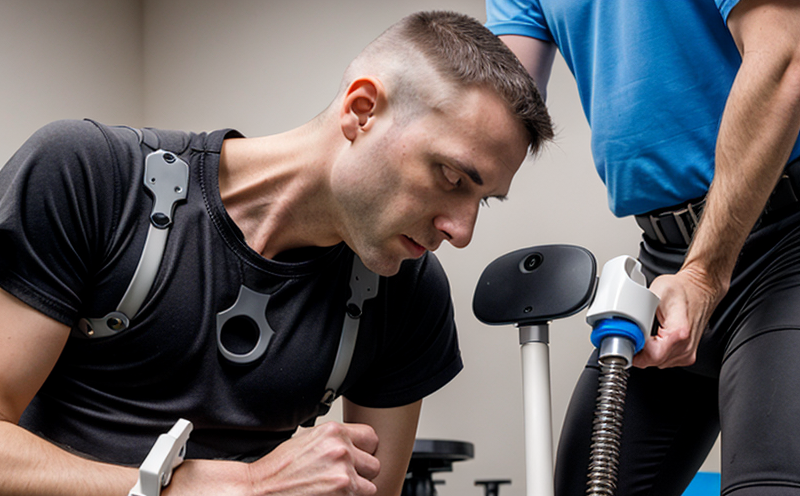ASTM F3295 Mechanical Testing of Additively Manufactured Orthopedic Devices
The ASTM F3295 standard provides a comprehensive framework for mechanical testing of additively manufactured (AM) orthopedic devices. This service ensures that the materials, design, and manufacturing processes meet stringent quality control requirements, which is crucial in the medical device sector.
The ASTM F3295 protocol includes detailed procedures for tensile, compressive, shear, and flexural testing of AM parts used in orthopedic implants and prostheses. These tests are essential to evaluate the mechanical properties that ensure patient safety and efficacy. The standard also covers post-processing steps such as heat treatment or surface treatments, which can affect material performance.
The test parameters for ASTM F3295 include critical factors like load-to-failure, stress-strain behavior, modulus of elasticity, and fracture toughness. Specimen preparation plays a pivotal role in these tests; it involves selecting appropriate geometries that mimic real-world loading conditions while maintaining structural integrity.
Instrumentation used in ASTM F3295 includes universal testing machines capable of applying controlled loads to simulate the mechanical forces experienced by orthopedic devices during use. High-precision measurement systems ensure accurate data collection throughout each test cycle.
The acceptance criteria outlined in ASTM F3295 are based on comparing measured values against specified thresholds defined for specific materials and applications. Compliance with these standards is critical because it ensures that all parts comply not only with industry expectations but also regulatory requirements like FDA clearance or CE marking.
Our laboratory adheres strictly to the procedures detailed in ASTM F3295, ensuring reliable results that can be trusted by developers of new products and regulators alike. By providing this service, we contribute to advancing innovation while maintaining high standards of quality control within orthopedic device manufacturing processes.
Industry Applications
| Application | Description |
|---|---|
| Tensile Testing | Evaluates the resistance of AM parts to tensional forces. |
| Compressive Testing | Determines how well AM components withstand compressive loads. |
| Shear Testing | Assesses the capacity of materials in resisting shear stress. |
| Flexural Testing | Measures the bending strength and stiffness of AM structures. |
Customer Impact and Satisfaction
- Ease of compliance with regulatory requirements such as FDA or CE marking.
- Enhanced confidence in the reliability and safety of orthopedic devices.
- Achieving higher standards in quality control which leads to better patient outcomes.
- Potential reduction in product recalls due to early detection of potential issues during development stages.
- Access to detailed reports that assist in continuous improvement processes.
Competitive Advantage and Market Impact
The implementation of ASTM F3295 mechanical testing offers several competitive advantages for companies operating in the orthopedic device sector. By adhering to this rigorous standard, businesses demonstrate their commitment to excellence and safety, thereby differentiating themselves from competitors who may not follow such stringent protocols.
Companies that invest in ASTM F3295-compliant services can anticipate an increase in market share as they build trust with healthcare providers and consumers alike. They also position themselves favorably for future innovations, ensuring their products remain at the forefront of technological advancements in orthopedics.
In addition to these direct benefits, compliance with ASTM standards contributes significantly towards broader industry recognition and acceptance. This can lead to increased collaboration opportunities across various stakeholders including academia, government agencies, and international organizations.





